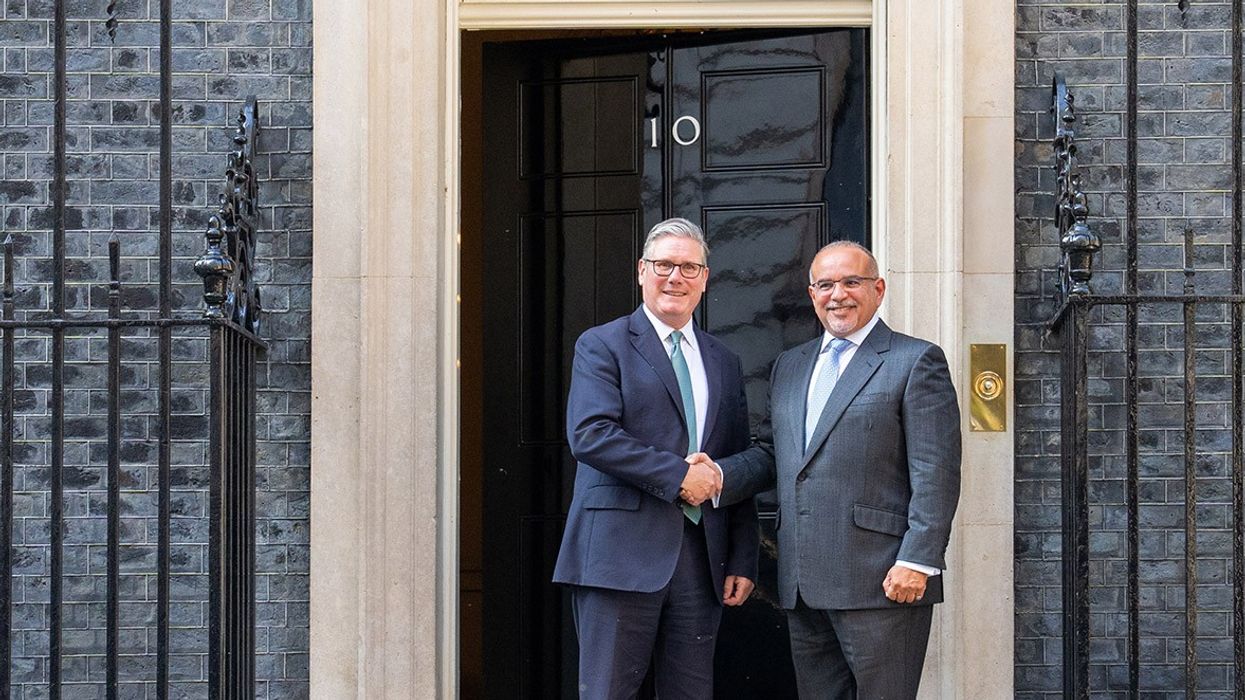PRIME MINISTER Keir Starmer met Crown Prince Salman bin Hamad Al Khalifa, prime minister of Bahrain, at Downing Street on Thursday.
A Downing Street spokesperson said the leaders discussed the UK-Bahrain relationship and welcomed the UK becoming a full member of the Comprehensive Security Integration and Prosperity Agreement (C-SIPA), a trilateral pact with Bahrain and the United States focused on regional security.
They also welcomed the signing of the Strategic Investment and Collaboration Partnership, which aims to build on the two-way investment between the countries. According to the spokesperson, this would "unlock new investment, growth and jobs into the UK, delivering on the Plan for Change."
The leaders discussed the new Defence Cooperation Accord between the UK and Bahrain, aimed at deepening joint military training and naval ties.
The spokesperson said, “Highlighting the strength of the 200-year relationship between both nations, the leaders looked forward to further cooperation, including trade negotiations with the Gulf Cooperation Council.”
They also spoke about the situation in the Middle East, called for de-escalation, and agreed on the need for closer regional ties to support stability.
“The Prime Minister and Crown Prince looked forward to speaking again soon,” the spokesperson added.





